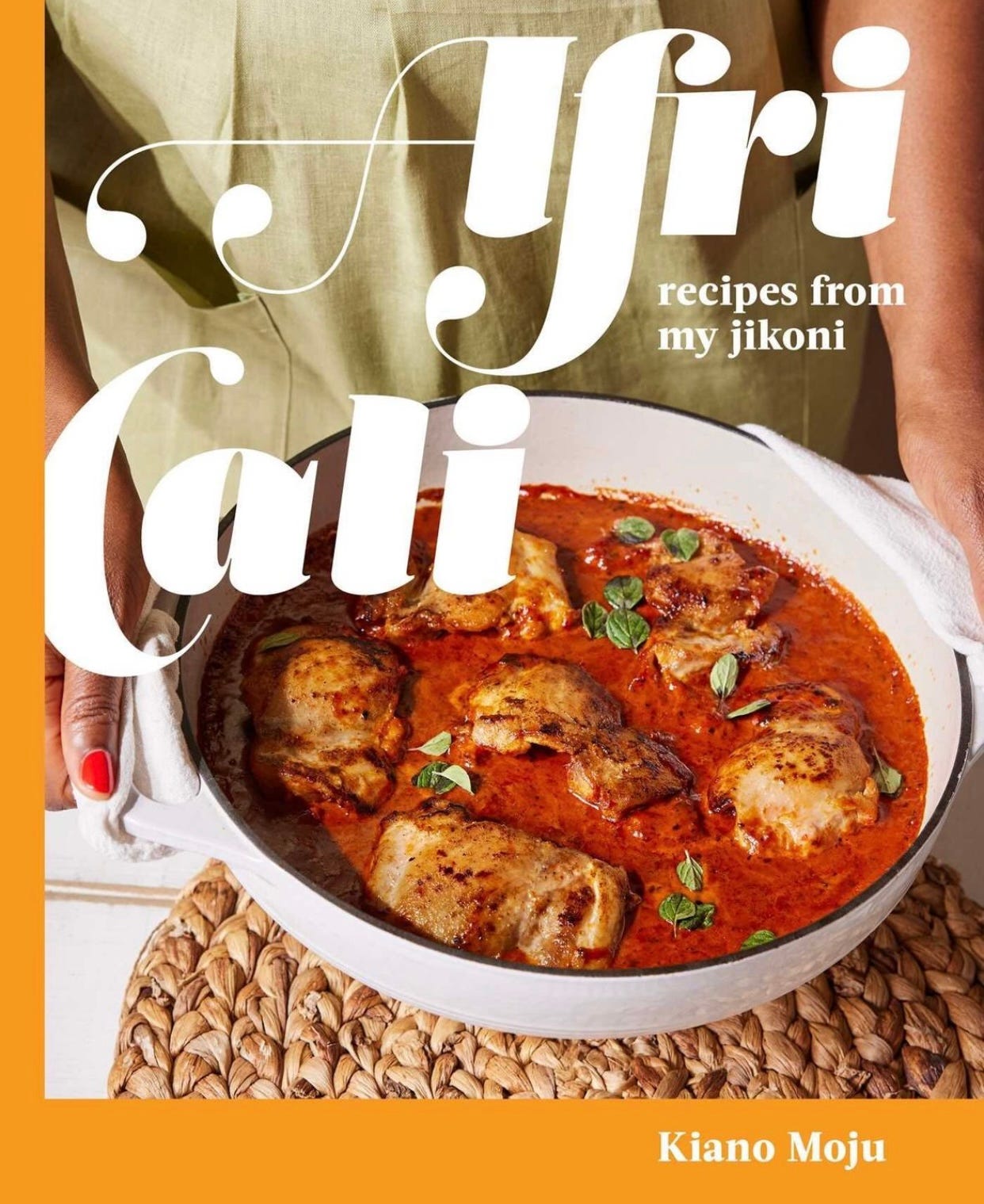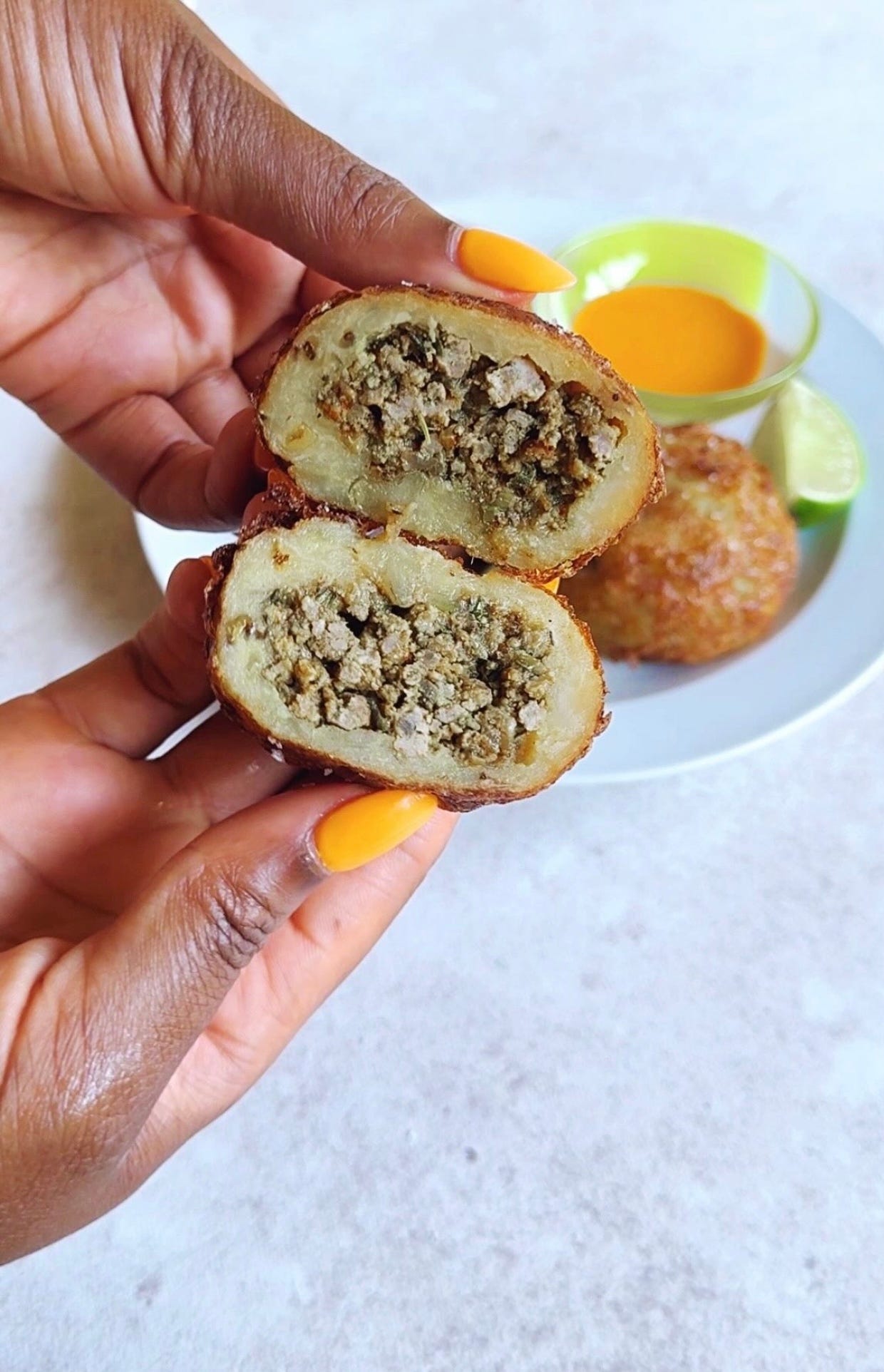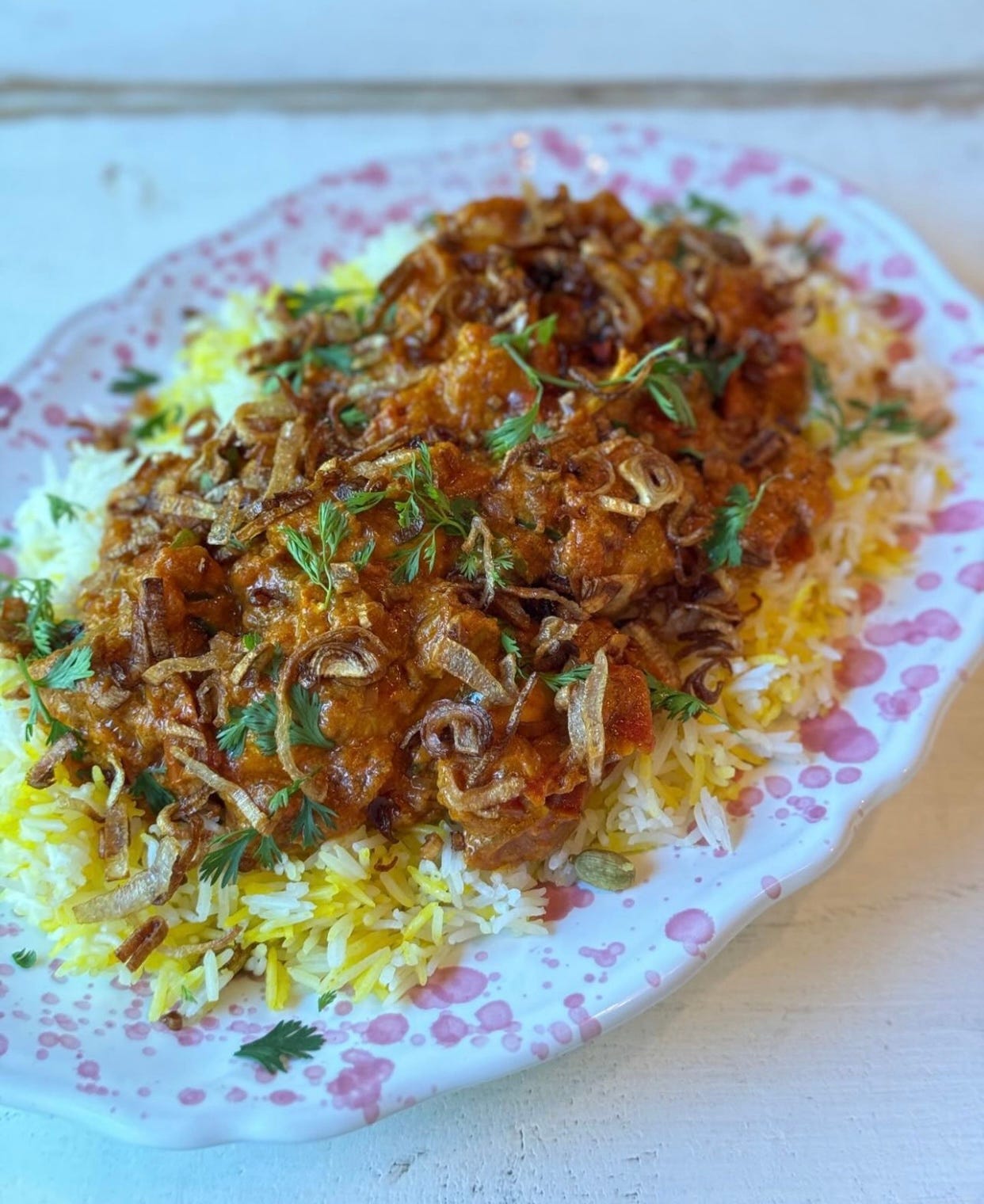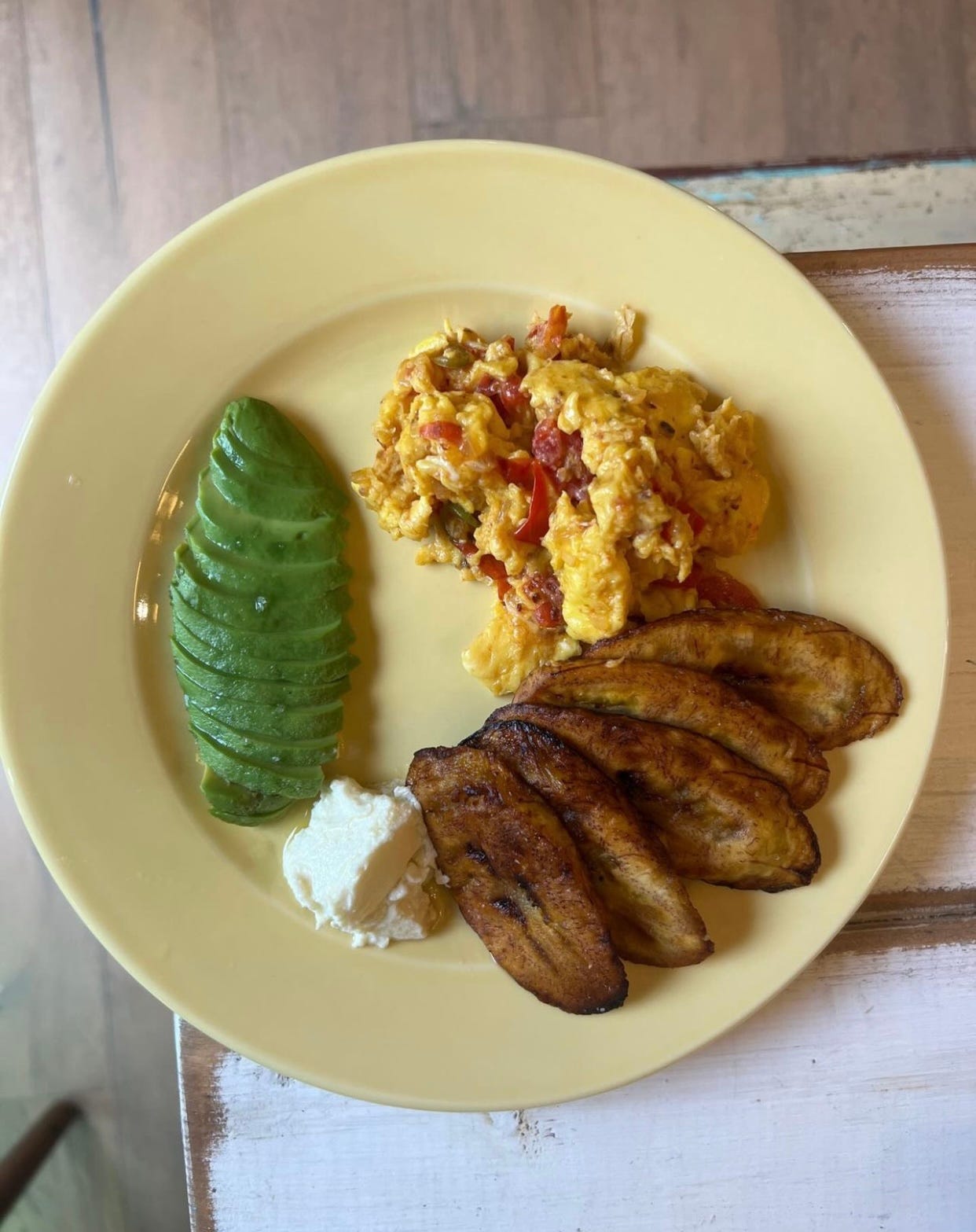AfriCali, an Explosion of Culinary Cultures
New author Kiano Moju shares her experiences growing up in California, Kenyan and Nigerian heritage, and more in debut cookbook.
Kiano Moju’s culinary career officially launched when her mother gifted her an Easy Bake Oven as a child. She had always mimicked her mother as she cooked breakfast or dinner on weekends, so the miniature oven was a way for Moju to continue that culinary curiosity.
To further that interest, when she was seven, her parents sent her to a kids’ cooking camp, where she and fellow campers proudly made lunch and agua fresca, light, refreshing beverages made from various fruits and blended with sugar and water, for their families. That sparked her interest in global fare.
“The first time I heard of it, I thought it was the coolest thing in the world,” Moju says. “I don't know how much [cooking] we did as kids, honestly, but I felt comfortable in the kitchen. I think more than anything, those kids' classes helped me feel comfortable in the space. I always had a sense of ownership when I went in there.”
Experiences like these also helped instill a sense of confidence in her, which I noticed during our recent conversation about her newly released book, AfriCali: Recipes from My Jikoni (Simon & Schuster/Simon Element). In this unique tome, she expertly crafts recipes based on her extraordinary experiences growing up in Southern California with a Nigerian father and Kenyan mother and spending many childhood vacations traveling back to their homeland. Food, of course, played a key role in the most memorable moments, which she illustrates in her book.
AfriCali is indeed an explosion of culinary cultures—and far beyond what you’d expect from such an African-centric cookbook. You’ll also find recipes with her take on the Margarita cocktail, plus shrimp fried rice, sticky toffee pudding, samosas and even quiche. She says that’s due to her exposure to many types of cuisines growing up, plus her thirst for more during her global travels as an adult.
“I've been very fortunate where all the places I've lived have been very multicultural,” she explains. “So much of what I've learned from food is from first hand, talking to chefs, talking to cooks, talking to home cooks, and especially when I was living in London, I would go to the street market all the time.”
She continues, “There’s always food from other countries there. I wasn't even sure where they were on the map and I would try something and I would talk to the street vendors. Like, what is this? How do you make it? I think folks and people who are passionate about food are always very happy to oblige and answer.” Then, she’d go home and try to reinterpret the dish with African flair.
Speaking of African flair—and fare—Nigerian and Kenyan cuisines could not be more different, according to Moju. And in her case, the Kenyan relatives are mostly ranchers and big meat eaters, while her Nigerian family lives on the Nigerian delta, so there’s a lot of seafood in their diet.
“My mom's family takes meat very seriously, incredibly seriously; whereas my dad's side of the family loves seafood,” she explains, adding that two chapters are dedicated to some of the dishes she grew up eating by both sides of the family. Bebere braised short ribs, rosemary suya lamb chops, peri-peri garlic butter shrimp and Swahili biriyani are a few great examples.
Listen. Those lamb chops and peri-peri garlic shrimp are dishes I could eat every week, so I am definitely adding this book to the rotation this fall.
I’ve written extensively about African cuisine and culture here, here and here. It still feels, however, like it has a long way to go in being a part of the global cuisine conversation because it’s treated like a monolith. Kenyan food is distinct from South African fare, which is far from Nigerian and Liberian and so on.
Moju agrees that more needs to be done, which is why she launched the nonprofit Jikoni Recipe Archive in 2019. Its mission is to “celebrate the rich culinary diversity of Africa and the African foodways by documenting the legacy of cooks, both old school and new school, while amplifying their vibrant food cultures.”
By developing a series of videos, she wants to “increase the visibility of African cuisine,” she explains. Thus far, she has assembled 50 videos on the site. She’s also building a digital archive that can serve as a community recipe box so everyone can submit content.
“Transfers of information between generations is diminishing,” she laments. “When it comes to local foods, we as Africans, haven't written down as much as really the rest of the world. We very much want to be a central place for people to connect and learn and gather.”
She’s fundraising for Jikoni Recipe Archive as she’s gearing up for a nationwide book tour for AfriCali in late August. It culminates with a virtual cooking class in October. Here’s where you can find information about the book tour.
If you’d like to see what I uncover next, please feel free to subscribe to The Awakening—and follow me on social media @iamaudarshia.








Great article! I'm so hungry! ❤️